Dissenting Knowledges Pamphlet Series (no. 8)
Foreword
to the
Dissenting Knowledges Pamphlet Series
Vinay Lal
Founding Editor
 his pamphlet series was commenced a little over five years ago as one of several initiatives of a new undertaking known as Multiversity. One of the principal buzz words of our times is globalization, and there has been much discussion, in the popular media and equally among academics, of the effects of increasingly porous borders, the massive expansion in the flow of goods, the inter-connectedness of national economies, and the opening up of hitherto closed economies to the principles of free trade. Neither the recent economic recession nor the attention lavished on (Islamic) terrorism can obscure the fact that the dominant story throughout the 1990s was the crumbling of all resistance to the onward march of the market. The mounting literature on globalization has generated numerous clichs, among them the aphorism that the world is a global village, and some albeit fewgenuine insights, among them the awareness that the slave trade, which encompassed large parts of the globe, involved numerous middlemen, vastly enriched some slave-owners and entrepreneurs, and respected few borders, can also be construed as a form of globalization. How far one can speak of a globalized world in the age of European imperialism or earlier still when the Indian Ocean trading system accounted for large chunks of the worlds trade is an interesting question. But, for the present, it suffices to say that globalization appears to have captured and even monopolized our imagination, and thus it behooves us to probe further the politics of globalization.
his pamphlet series was commenced a little over five years ago as one of several initiatives of a new undertaking known as Multiversity. One of the principal buzz words of our times is globalization, and there has been much discussion, in the popular media and equally among academics, of the effects of increasingly porous borders, the massive expansion in the flow of goods, the inter-connectedness of national economies, and the opening up of hitherto closed economies to the principles of free trade. Neither the recent economic recession nor the attention lavished on (Islamic) terrorism can obscure the fact that the dominant story throughout the 1990s was the crumbling of all resistance to the onward march of the market. The mounting literature on globalization has generated numerous clichs, among them the aphorism that the world is a global village, and some albeit fewgenuine insights, among them the awareness that the slave trade, which encompassed large parts of the globe, involved numerous middlemen, vastly enriched some slave-owners and entrepreneurs, and respected few borders, can also be construed as a form of globalization. How far one can speak of a globalized world in the age of European imperialism or earlier still when the Indian Ocean trading system accounted for large chunks of the worlds trade is an interesting question. But, for the present, it suffices to say that globalization appears to have captured and even monopolized our imagination, and thus it behooves us to probe further the politics of globalization.
In the contemporary world, as globalizations most ardent advocates are inclined to argue, the exchange of goods and services takes place at a highly accelerated, indeed unprecedented, rate. The internet appears, in some respects, to embody the principles of globalization, particularly if one is hospitable to the argument that the internet democratizes the public sphere and ensures that flows of information are not unidirectional. To many, the promise (and perhaps perils) of globalization are best comprehended by an awareness of the global iconicity of such corporate enterprises as McDonalds and Coca Cola, rock stars such as Madonna and Michael Jackson, and even tee-shirts sporting the numbers of legendary sporting figures such as Michael Jordan. That the United States does not exercise a complete hegemony in such spheres of globalization is amply clear, as globalizations enthusiasts proclaim, from the rapid and widespread proliferation of Japanese pop culture, characterized by animation, Nintendo games, and manga. However, aside from the consideration of how far goods flow freely across borders, there are many more substantive questions to be posed to the proponents of globalization. Why is it that, even if goods flow freely, or relatively more so under present conditions of globalization than at any previous stage in history, nation states appear ever more so determined to police their borders and place restrictions on the mobility of people? Why have walls come up between nation states and why are immigration authorities the world over monitoring and restricting the entry of those deemed aliens? What, to raise another set of questions, might be the new forms of inequality being generated by globalization? If outsourcing is a palpable instantiation of globalization at work, is it not instructive that it permits the wealthier nations to avail of relatively cheap labor without the presumed hazards of immigrant growth? Have the indentured laborers of the nineteenth century paved the way for the cyber-coolies of the twenty-first century, and do the Harminders and Satinders of our times, masquerading as Harry and Sam, signal the advent of new opportunities or are they only a new class of mediators between the developed and developing worlds?
To understand just what are the ramifications of globalization, we would do well to recall that the principal determinant of modern history has been the regimes of colonialism under which most people lived for a few hundred years. The world as we know it today is understood almost entirely through categories that are largely the product of Western knowledge systems and the academic disciplines that have been charged with codifying, disciplining, organizing, institutionalizing and transmitting knowledge not only about the physical and material world, but about the various social, political, cultural, religious, and legal institutions and practices found among diverse human communities. There is today no more urgent task than understanding the political and epistemological consequences of the imposition of the West upon the entire world, and at the same time endeavoring to work, in myriad ways, towards the decolonization of academic disciplines. The age of exploration and navigation, which commenced in Europe a little over 500 years ago, eventually paved the way for the colonization of the Americas, South and Southeast Asia, the Near East, Polynesia, Africa, and other parts of the world over the course of the next 200-300 years. Historians have drawn distinctions between plantation colonies, settler colonies, and other colonies with varying degrees of direct and indirect rule. In the Americas and Australia, the indigenous populations were wiped out; in South Africa, black and colored people were confronted with stern subjugation under the Boers; and in the Congo, the same results, that is the extreme brutalization of the native people by the Europeans, were achieved in European-owned rubber plantations. The British in India out-Brahmined the Brahmins, refusing after the late eighteenth century to consort with local populations.
One of the many idioms in which the great game of colonialism survives today is in those numerous discussions that seek to distinguish between good and bad colonialisms. British imperial historians, such as P. J. Marshall, Denis Judd, and Niall Ferguson, still engage with unbridled enthusiasm in this puerile exercise. It is an indisputable fact, except to those who live in absolute awe of the Enlightenments categories and have decided that all of our universalisms are to be derived from European thought, that Europes colonization of the world, when it did not lead to the outright decimation or extermination of native peoples, resulted in the extinction of lifestyles, cultural life forms, and the biological, cultural, and social inheritance of colonized societies. It is imperative to recognize that everywhere the colonizers sought to impose upon the colonized their worldview. Nothing should thus be allowed to obscure the fundamental fact of colonialism and the post-colonial era: every conquest is, in the first instance, a conquest of knowledge. The epistemological imperatives of the colonial state have only in the last few decades begun to receive the critical scrutiny of scholars and commentators. The British in India, to take one well-known example, devoted themselves to an exhaustive study of Indias social and intellectual traditions: grammars of Indian languages were created, translations of scriptural texts were authorized, the legal texts of Hindus and Muslims were codified, the land was mapped and its inhabitants counted, measured, and classified; communities were enumerated, marked, and named.

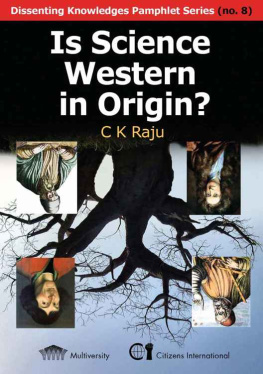

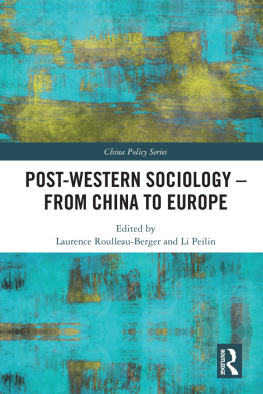
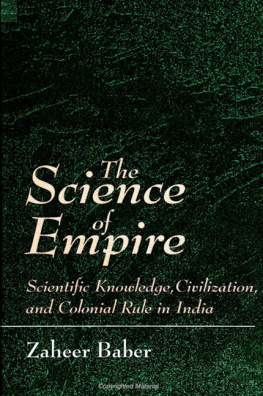

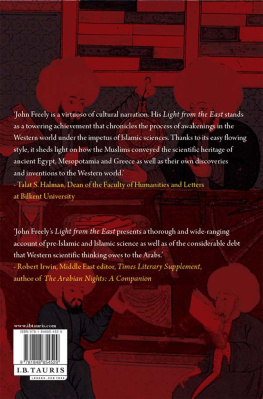
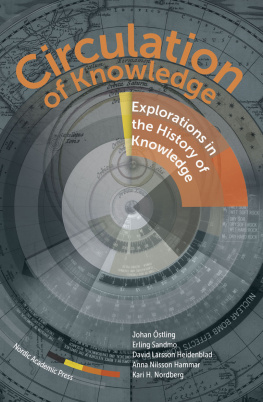
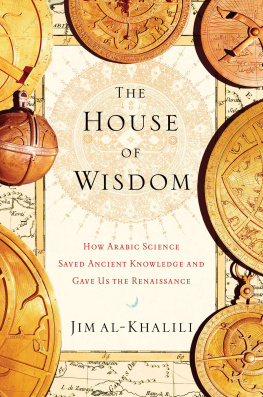
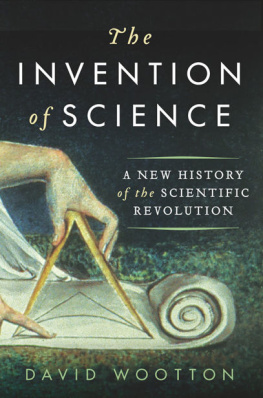
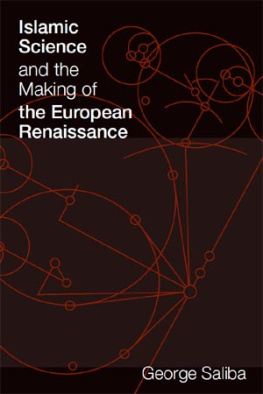
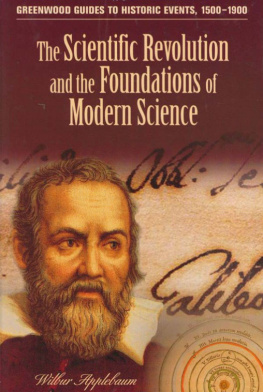


 Penang
Penang his pamphlet series was commenced a little over five years ago as one of several initiatives of a new undertaking known as Multiversity. One of the principal buzz words of our times is globalization, and there has been much discussion, in the popular media and equally among academics, of the effects of increasingly porous borders, the massive expansion in the flow of goods, the inter-connectedness of national economies, and the opening up of hitherto closed economies to the principles of free trade. Neither the recent economic recession nor the attention lavished on (Islamic) terrorism can obscure the fact that the dominant story throughout the 1990s was the crumbling of all resistance to the onward march of the market. The mounting literature on globalization has generated numerous clichs, among them the aphorism that the world is a global village, and some albeit fewgenuine insights, among them the awareness that the slave trade, which encompassed large parts of the globe, involved numerous middlemen, vastly enriched some slave-owners and entrepreneurs, and respected few borders, can also be construed as a form of globalization. How far one can speak of a globalized world in the age of European imperialism or earlier still when the Indian Ocean trading system accounted for large chunks of the worlds trade is an interesting question. But, for the present, it suffices to say that globalization appears to have captured and even monopolized our imagination, and thus it behooves us to probe further the politics of globalization.
his pamphlet series was commenced a little over five years ago as one of several initiatives of a new undertaking known as Multiversity. One of the principal buzz words of our times is globalization, and there has been much discussion, in the popular media and equally among academics, of the effects of increasingly porous borders, the massive expansion in the flow of goods, the inter-connectedness of national economies, and the opening up of hitherto closed economies to the principles of free trade. Neither the recent economic recession nor the attention lavished on (Islamic) terrorism can obscure the fact that the dominant story throughout the 1990s was the crumbling of all resistance to the onward march of the market. The mounting literature on globalization has generated numerous clichs, among them the aphorism that the world is a global village, and some albeit fewgenuine insights, among them the awareness that the slave trade, which encompassed large parts of the globe, involved numerous middlemen, vastly enriched some slave-owners and entrepreneurs, and respected few borders, can also be construed as a form of globalization. How far one can speak of a globalized world in the age of European imperialism or earlier still when the Indian Ocean trading system accounted for large chunks of the worlds trade is an interesting question. But, for the present, it suffices to say that globalization appears to have captured and even monopolized our imagination, and thus it behooves us to probe further the politics of globalization.